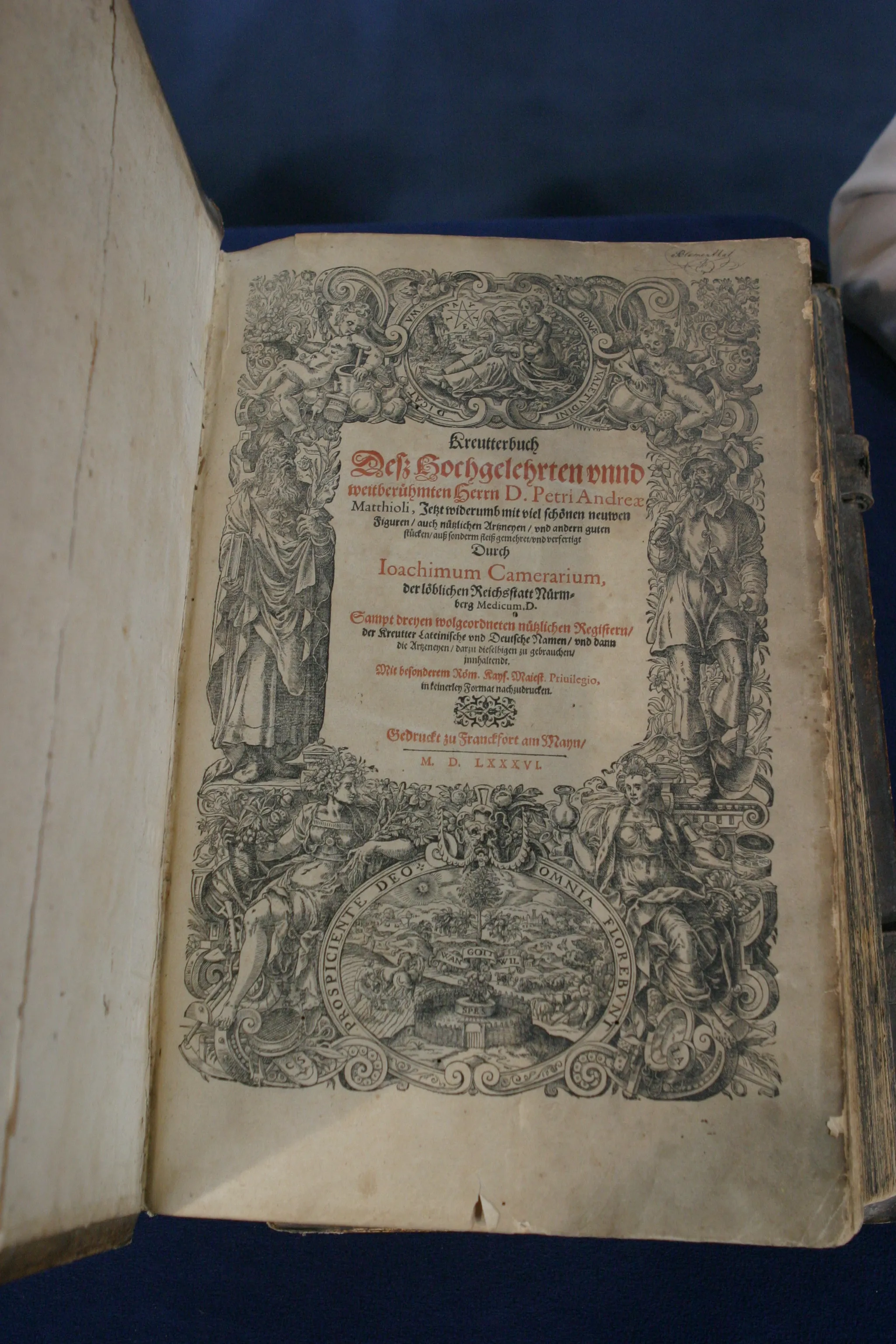1964 Frank Sinatra Letter
GUEST: Before I existed, my dad was in prison for a forgery and worked for this priest, and was also in prison at the same time that two men kidnapped Frank Sinatra, Jr. And on behalf of those two men, the priest wrote a letter to Frank Sinatra, asking forgiveness. And this was the six-page rebuttal that was written back to the priest. And my dad worked for him, and somehow it ended up with my dad.
APPRAISER: And that is your dad in that photo.
GUEST: Yes, ma'am.
APPRAISER: When did he get out?
GUEST: I think he was in there 11 months.
APPRAISER: Okay.
GUEST: I believe.
APPRAISER: So, he was, magically happened to be there right when this letter's written about a really historic event that occurred.
GUEST: Yes.
APPRAISER: In December of 1963, a couple of drug-addled 23-year-olds in California had this get-rich-quick scheme, that they were going to kidnap Frank Sinatra, Jr. And so, in December of '63, they hatch this plot. They take him at gunpoint, they kidnap him, and they ask for $240,000 in ransom.
GUEST: Yes.
APPRAISER: I think it is the best Frank Sinatra letter I have ever seen.
GUEST: Seriously?
APPRAISER: Because not only is it lengthy, it's also about a deeply personal subject.
GUEST: Very much so.
APPRAISER: And, unlike many of the other letters that are really famous from Frank Sinatra, which he has full of barbs and, and has a lot of grit to it...
GUEST: Mm-hmm.
APPRAISER: It's not quite as bombastic, 'cause sometimes he was writing those knowing that they were going to be known and made public, and he got in some good jabs at the people he wrote to. But because this is such a deeply personal subject, he's forceful, he's strong, he takes offense to what the chaplain is saying to him. More than anything else-- and this is what I thought was really fascinating about this letter-- you have these two young men who've kidnapped his son, taken him at gunpoint, put him through this crazy ordeal, and he's not so much upset about the fact that they kidnapped him. Most of the letter actually deals with the fact that he's more upset about the fact that their defense in this...
GUEST: Exactly.
APPRAISER: ...was that Frank Sinatra, Jr., was in on it, and that it was a hoax. The people we're talking about are Keenan and Amsler, Barry Keenan and Joe Amsler.
GUEST: Yes.
APPRAISER: Joe Amsler's no longer with us. Keenan is still alive. He has given interviews since Frank Sinatra, Jr., passed away.
GUEST: Mm-hmm.
APPRAISER: And expressed deep regret that he was never able to set the record straight.
GUEST: Correct.
APPRAISER: Because this story that Frank Sinatra, Jr., hatched this plot to become kidnapped to get headlines to try and help sell his first record-- because he was actually at a casino performing and was, he was 19 years old.
GUEST: Exactly.
APPRAISER: Just beginning his career. And that story dogged the family and dogged Frank Sinatra, Jr., for the rest of his life.
GUEST: Exactly.
APPRAISER: There was a stigma. People still believe that he had something to do with it, and he didn't. Keenan claims that it was their defense lawyers who put that defense on. The family really didn't comment publicly about this, and this is probably one of the most significantly emotional events in their lives.
GUEST: Right.
APPRAISER: And the most poignant thing in this entire letter, Frank Sinatra was a devout Catholic, and he's writing to the chaplain saying, you know, "How dare you. The embarrassment that this has caused to my family." And my favorite part here is at the end.
GUEST: Mm-hmm.
APPRAISER: Where he says, "Up to this time, I have remained silent on the subject of the manner in which the trial was conducted and the harm done to my son by the claim of hoax. But your letter, written in the name of God, has caused me to break that silence." And that is...
GUEST: Very strong.
APPRAISER: A strong-worded, yeah. (laughs)
GUEST: Very strong.
APPRAISER: That is a Papa Bear father really defending his son and his family's reputation, and he basically tells him nicely to go pound sand. (Laughing) In my words. Given that and the provenance on this, we know that your father was there. We have the original transmittal envelope. And given the incredible personal content in this letter, which is the only record I know of that shows what Frank Sinatra, Sr., was thinking about it...
GUEST: Mm-hmm.
APPRAISER: And knowing that Frank Sinatra, Jr., really never fully recovered from the event, have you ever had the letter appraised?
GUEST: In person, no. I have written, and I've sent copies.
APPRAISER: Did you receive a value at the time?
GUEST: Estimating between, I believe, $8,000 and $12,000...
APPRAISER: Yeah.
GUEST: ...is the last one. And that's only been in the last, maybe, six months.
APPRAISER: I would be really, really confident at auction an estimate of $20,000 to $30,000, and I really would not be surprised if it definitely exceeded that. I know we always like to set...
GUEST: Correct.
APPRAISER: ...relatively conservative estimates at auction. And given the fact that there's nothing like this out there...
GUEST: Mm-hmm.
APPRAISER: Who knows what would happen on the day, as we like to say?

$20,000 - $30,000 Auction
Tulsa, OK (2018)
Photos
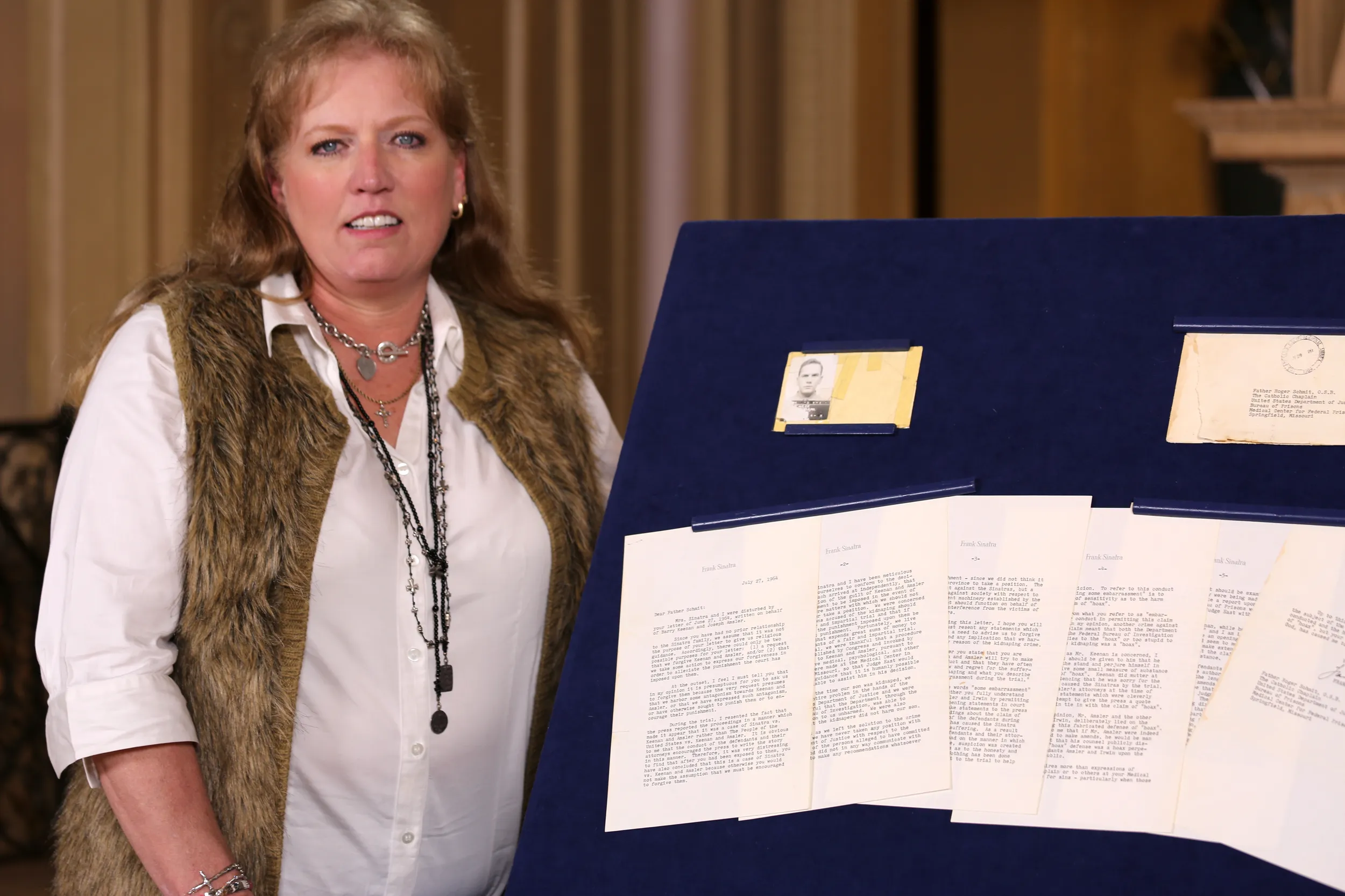
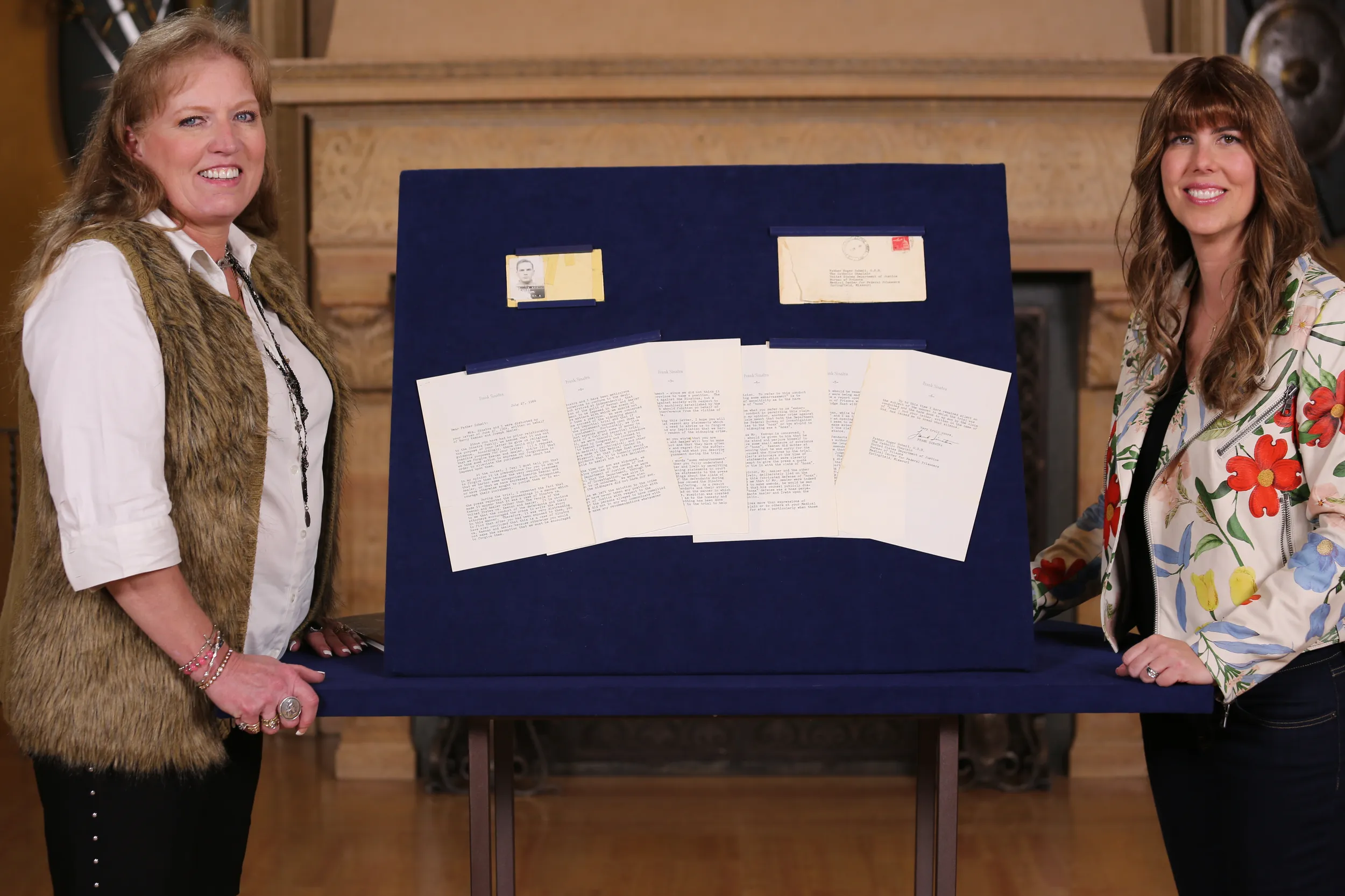
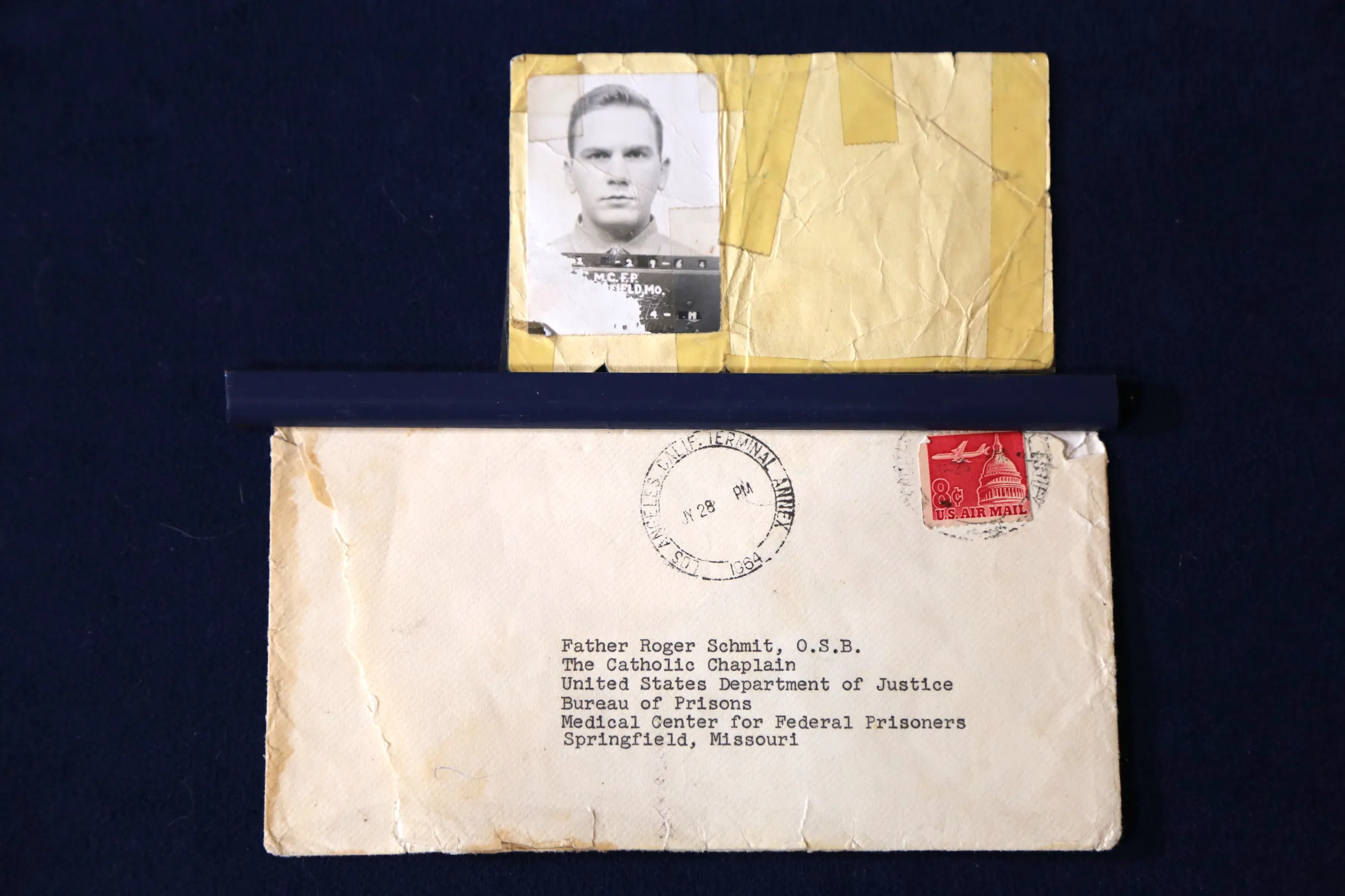
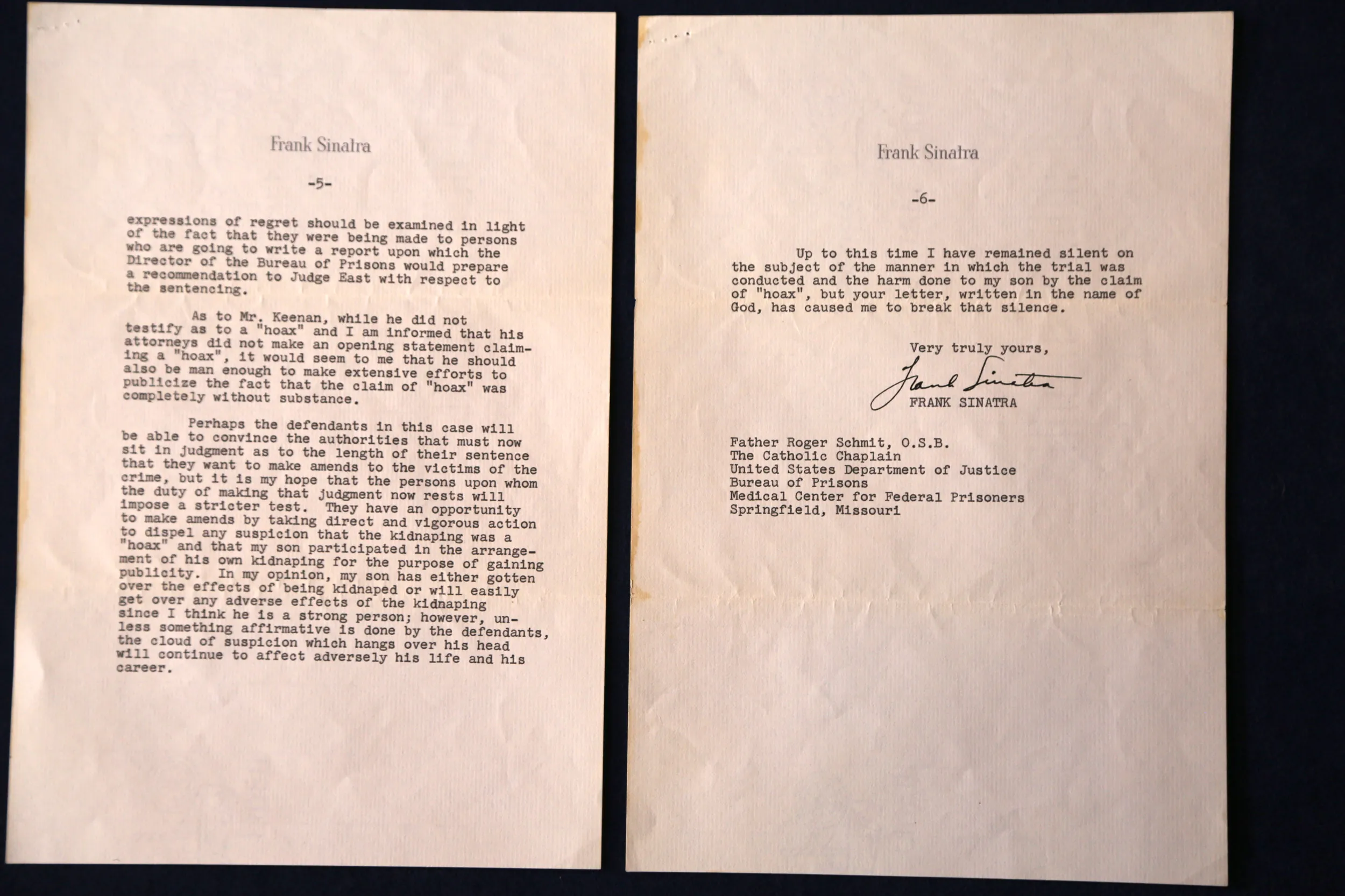
Featured In
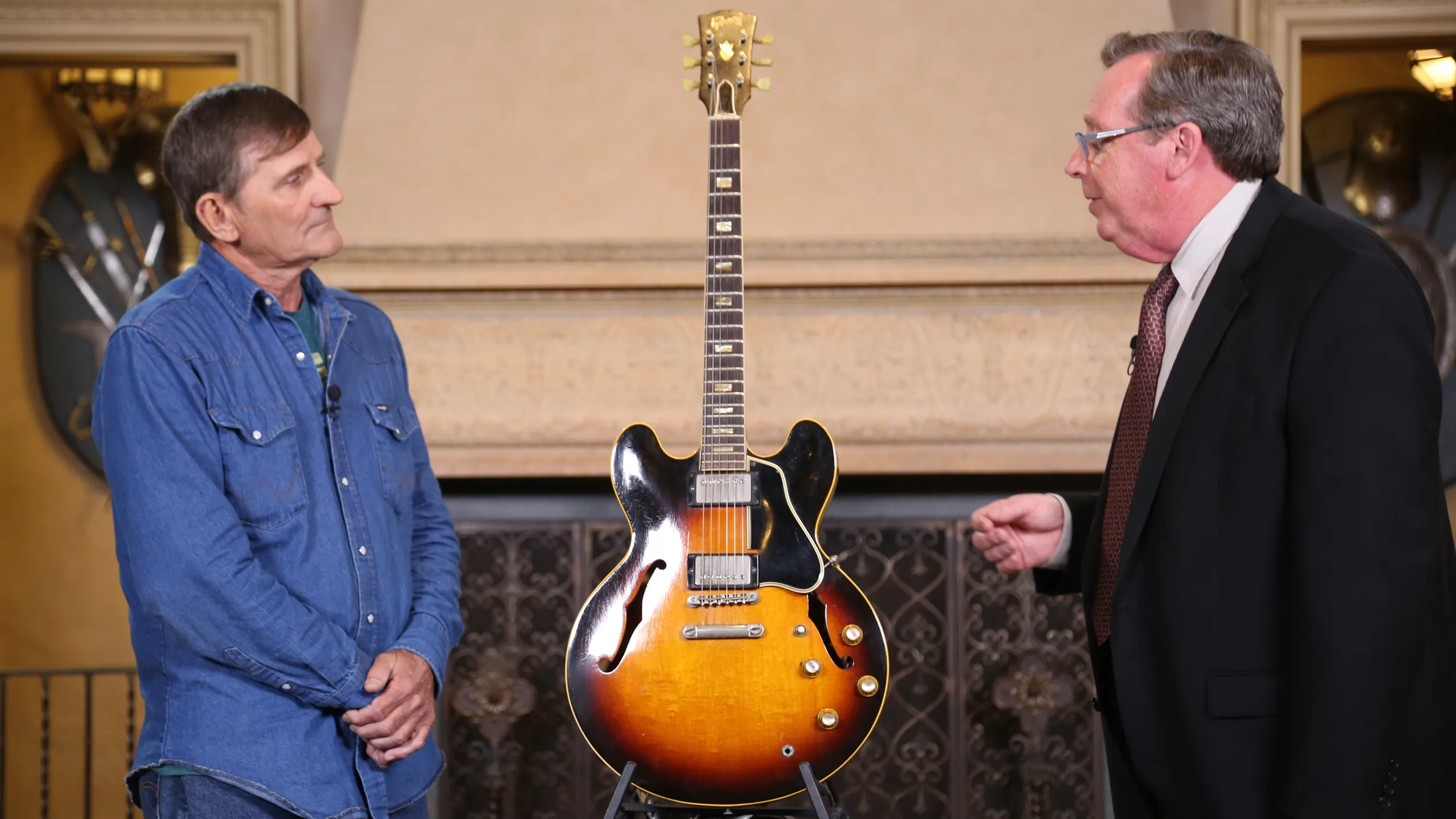
episode
Philbrook Museum, Hour 3
Tremendous Tulsa treasures abound with ROADSHOW at Philbrook Museum. One’s up to $30,000!
Historical Artifacts
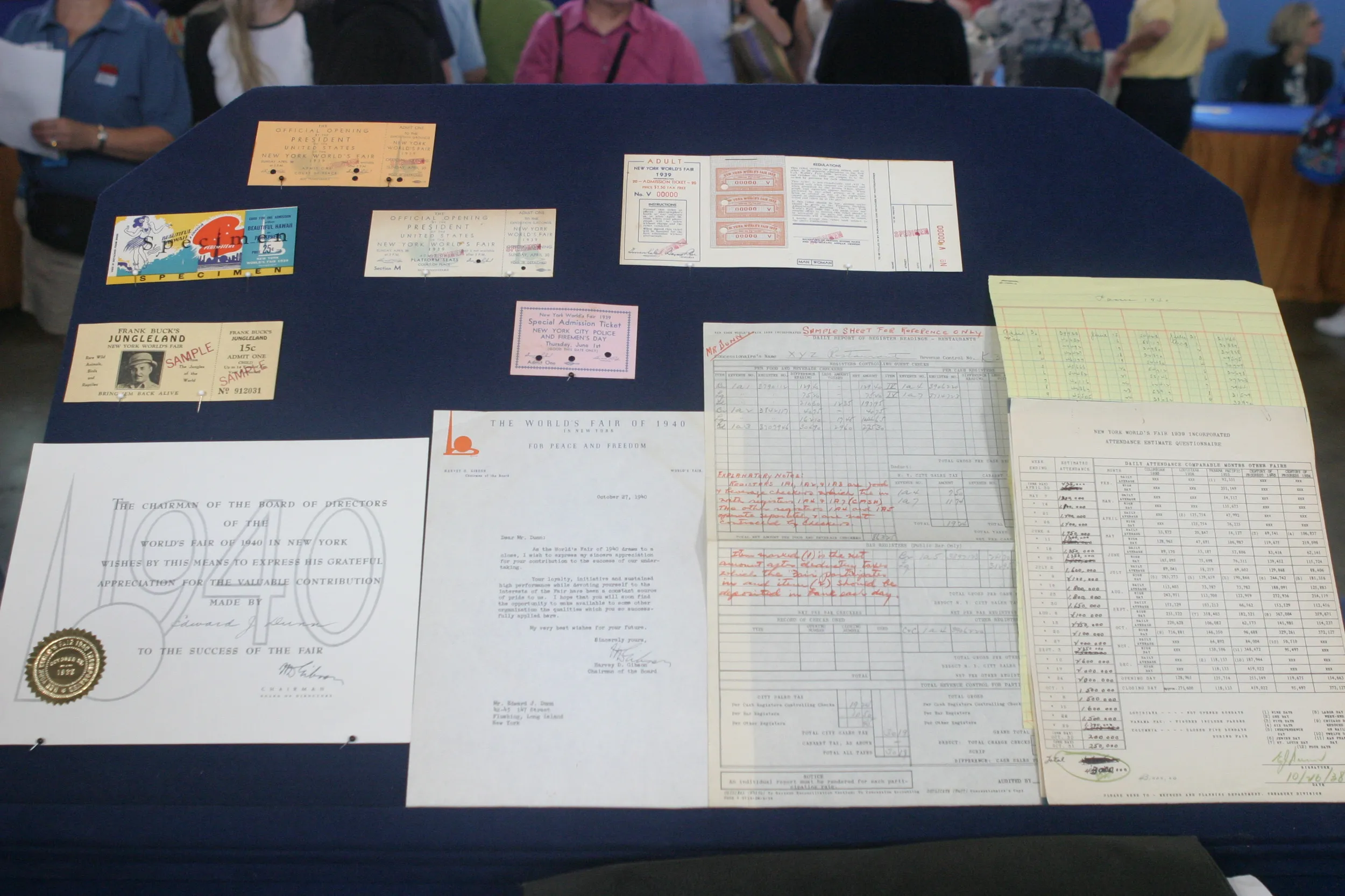
appraisal
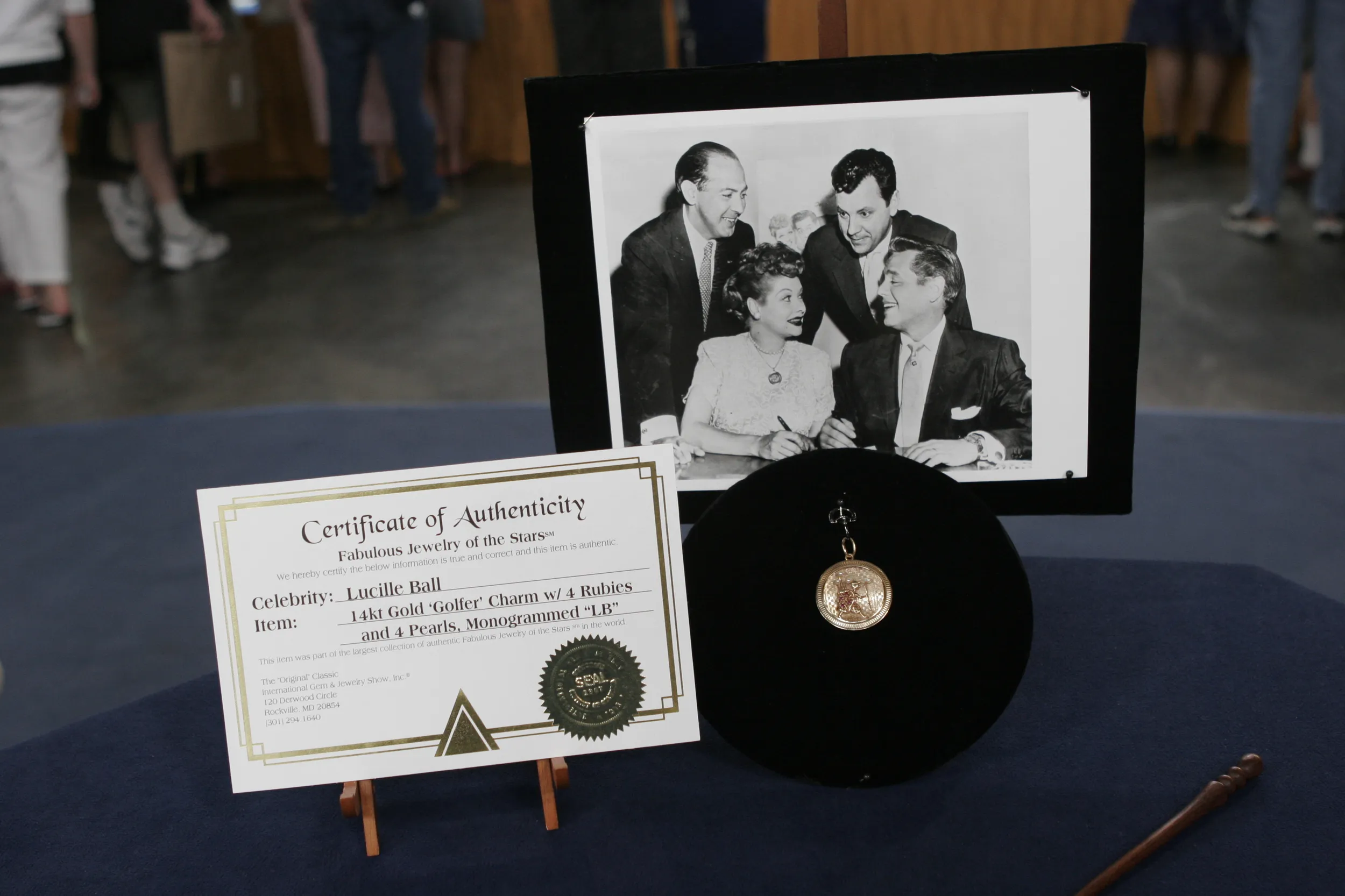
appraisal
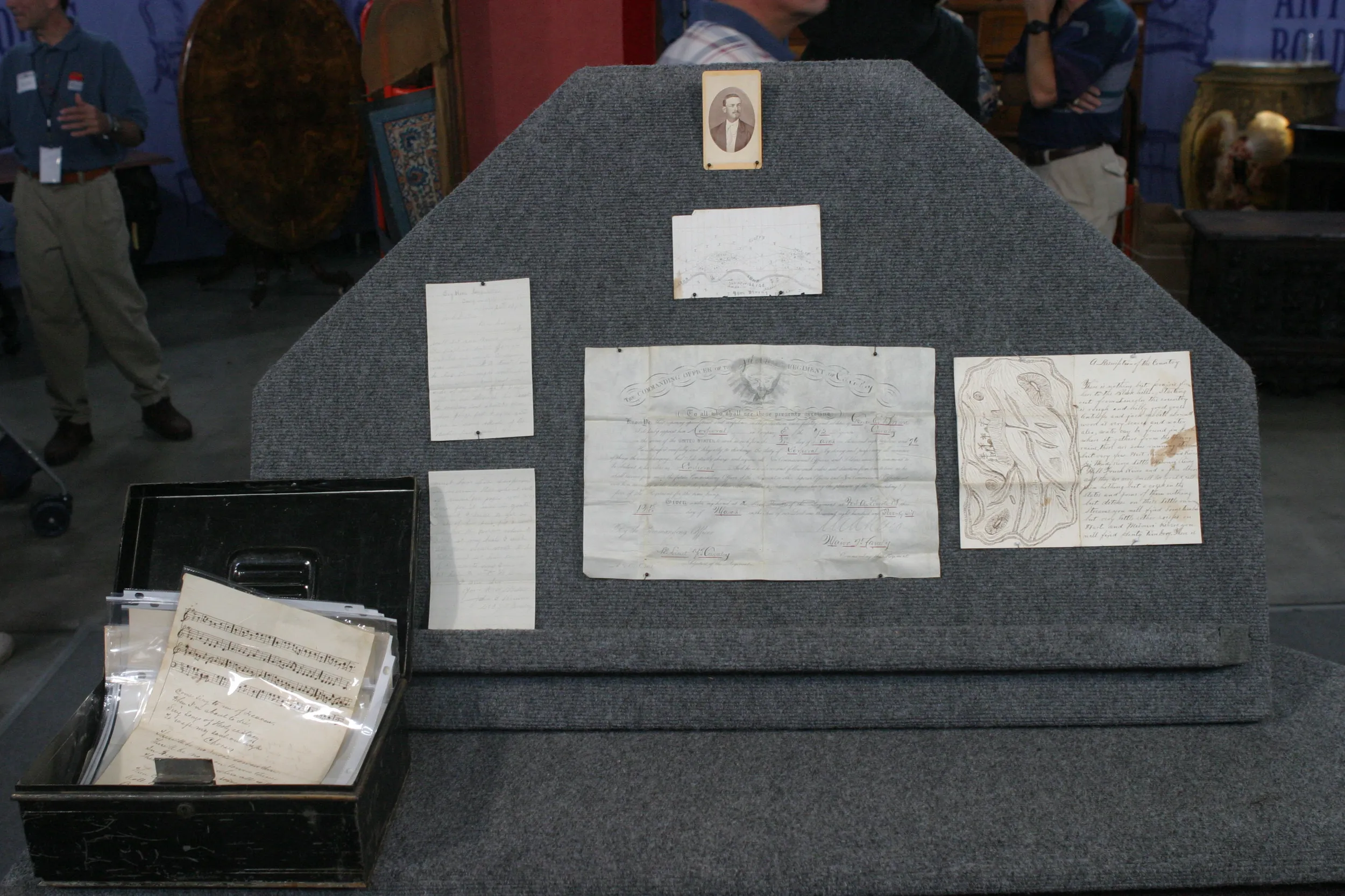
appraisal
Understanding Our Appraisals
Placeholder
